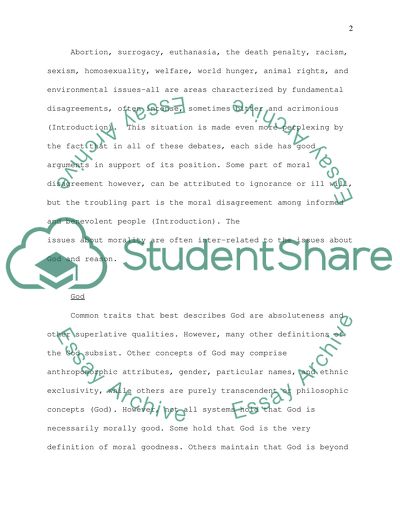Cite this document
(“God, Reason, and Morality: Is There a Difference Essay”, n.d.)
God, Reason, and Morality: Is There a Difference Essay. Retrieved from https://studentshare.org/philosophy/1504441-god-reason-and-morality-is-there-a-difference
God, Reason, and Morality: Is There a Difference Essay. Retrieved from https://studentshare.org/philosophy/1504441-god-reason-and-morality-is-there-a-difference
(God, Reason, and Morality: Is There a Difference Essay)
God, Reason, and Morality: Is There a Difference Essay. https://studentshare.org/philosophy/1504441-god-reason-and-morality-is-there-a-difference.
God, Reason, and Morality: Is There a Difference Essay. https://studentshare.org/philosophy/1504441-god-reason-and-morality-is-there-a-difference.
“God, Reason, and Morality: Is There a Difference Essay”, n.d. https://studentshare.org/philosophy/1504441-god-reason-and-morality-is-there-a-difference.


